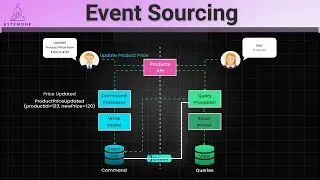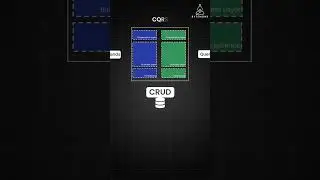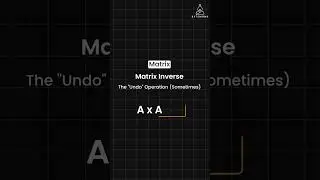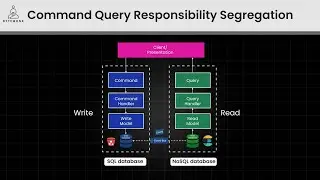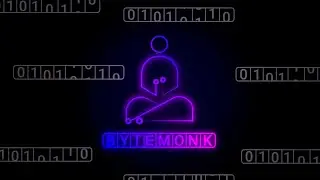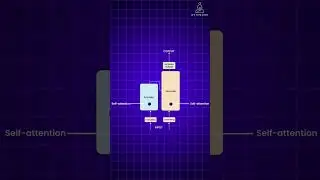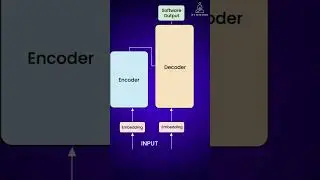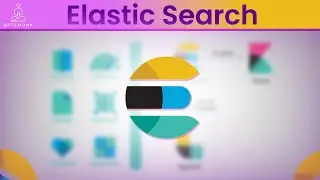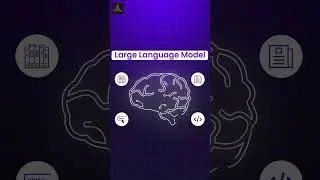SOLID principles explained | Java | System Design Interview
In this video, we'll discuss the SOLID principles, a set of design principles for creating flexible, maintainable, and extensible object-oriented code.
We'll start with the Single Responsibility Principle, which states that a class should have only one reason to change, followed by the Open-Closed Principle, which states that a class should be open for extension but closed for modification. We'll then discuss the Liskov Substitution Principle, which ensures that a subclass can be used in place of a superclass without breaking the program, and the Interface Segregation Principle, which states that a client should not be forced to depend on methods it doesn't use.
Finally, we'll wrap up with a summary of the SOLID principles and their benefits. By following these principles, you can write high-quality code that's easy to understand, maintain, and extend, making your applications more robust and reliable.
FOLLOW ME ON:
▶️ Main Channel: /bytemonk
Timestamps -
00:00 - Introduction
01:29 - Single Responsibility Principle (SRP)
03:23 - Open-Closed Principle (OCP)
05:07 - Liskov Substitution Principle (LSP)
07:11 - Interface Segregation Principle (ISP)
08:58 - Dependency Inversion Principle (DIP)
LinkedIn: / bytemonk
System Design Interview Basics Playlist:
► • System Design Interview Basics
AWS Certification:
►AWS Certified Cloud Practioner: • How to Pass AWS Certified Cloud Pract...
►AWS Certified Solution Architect Associate: • How to Pass AWS Certified Solution Ar...
►AWS Certified Solution Architect Professional: • How to Pass AWS Certified Solution Ar...
#solid #srp #dip #isp #softwareengineering




![[FREE] Freestyle Type Beat -](https://images.videosashka.com/watch/vFyL4lyCBio)




